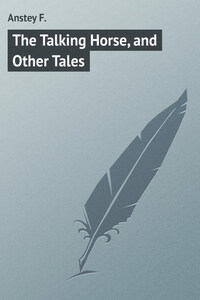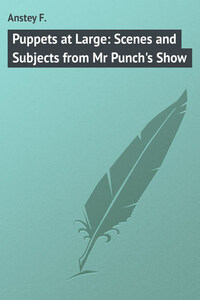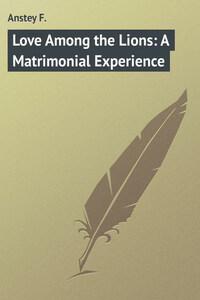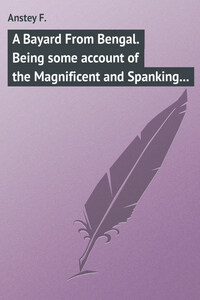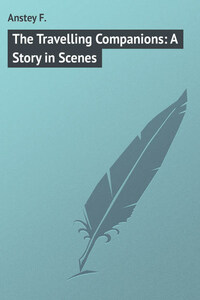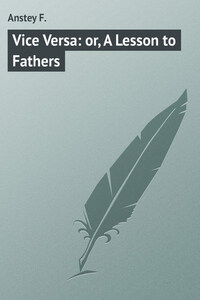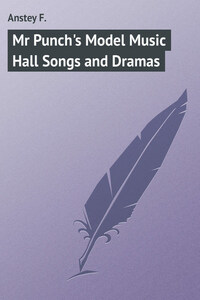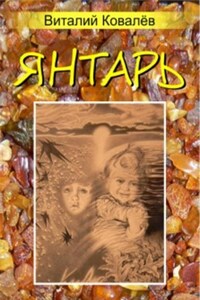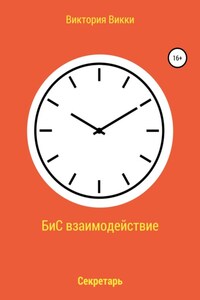It was on the way to Sandown Park that I met him first, on that horribly wet July afternoon when Bendigo won the Eclipse Stakes. He sat opposite to me in the train going down, and my attention was first attracted to him by the marked contrast between his appearance and his attire: he had not thought fit to adopt the regulation costume for such occasions, and I think I never saw a man who had made himself more aggressively horsey. The mark of the beast was sprinkled over his linen: he wore snaffle sleeve-links, a hard hunting-hat, a Newmarket coat, and extremely tight trousers. And with all this, he fell as far short of the genuine sportsman as any stage super who ever wore his spurs upside down in a hunting-chorus. His expression was mild and inoffensive, and his watery pale eyes and receding chin gave one the idea that he was hardly to be trusted astride anything more spirited than a gold-headed cane. And yet, somehow, he aroused compassion rather than any sense of the ludicrous: he had that look of shrinking self-effacement which comes of a recent humiliation, and, in spite of all extravagances, he was obviously a gentleman; while something in his manner indicated that his natural tendency would, once at all events, have been to avoid any kind of extremes.
He puzzled and interested me so much that I did my best to enter into conversation with him, only to be baffled by the jerky embarrassment with which he met all advances, and when we got out at Esher, curiosity led me to keep him still in view.
Evidently he had not come with any intention of making money. He avoided the grand stand, with the bookmakers huddling in couples, like hoarse lovebirds; he kept away from the members' inclosure, where the Guards' band was endeavouring to defy the elements which emptied their vials into the brazen instruments; he drifted listlessly about the course till the clearing-bell rang, and it seemed as if he was searching for some one whom he only wished to discover in order to avoid.
Sandown, it must be admitted, was not as gay as usual that day, with its 'deluged park' and 'unsummer'd sky,' its waterproofed toilettes and massed umbrellas, whose sides gleamed livid as they caught the light – but there was a general determination to ignore the unseasonable dampness as far as possible, and an excitement over the main event of the day which no downpour could quench.
The Ten Thousand was run: ladies with marvellously confected bonnets lowered their umbrellas without a murmur, and smart men on drags shook hands effusively as, amidst a frantic roar of delight, Bendigo strode past the post. The moment after, I looked round for my incongruous stranger, and saw him engaged in a well-meant attempt to press a currant bun upon a carriage-horse tethered to one of the trees – a feat of abstraction which, at such a time, was only surpassed by that of Archimedes at the sack of Syracuse.
After that I could no longer control my curiosity – I felt I must speak to him again, and I made an opportunity later, as we stood alone on a stand which commanded the finish of one of the shorter courses, by suggesting that he should share my umbrella.
Before accepting he glanced suspiciously at me through the rills that streamed from his unprotected hat-brim. 'I'm afraid,' I said, 'it is rather like shutting the stable-door after the steed is stolen.'
He started. 'He was stolen, then,' he cried; 'so you have heard?'
I explained that I had only used an old proverb which I thought might appeal to him, and he sighed heavily.
'I was misled for the moment,' he said: 'you have guessed, then, that I have been accustomed to horses?'
'You have hardly made any great secret of it.'
'The fact is,' he said, instantly understanding this allusion to his costume, 'I – I put on these things so as not to lose the habit of riding altogether – I have not been on horseback lately. At one time I used to ride constantly – constantly. I was a regular attendant in Rotten Row – until something occurred which shook my nerve, and I am only waiting now for the shock to subside.'
I did not like to ask any questions, and we walked back to the station, and travelled up to Waterloo in company, without any further reference to the subject.
As we were parting, however, he said, 'I wonder if you would care to hear my full story some day? I cannot help thinking it would interest you, and it would be a relief to me.'
I was ready enough to hear whatever he chose to tell me; and persuaded him to dine with me at my rooms that evening, and unbosom himself afterwards, which he did to an extent for which I confess I was unprepared.
That he himself implicitly believed in his own story, I could not doubt; and he told it throughout with the oddest mixture of vanity and modesty, and an obvious struggle between a dim perception of his own absurdity and the determination to spare himself in no single particular, which, though it did not overcome my scepticism, could not fail to enlist sympathy. But for all that, by the time he entered upon the more sensational part of his case, I was driven to form conclusions respecting it which, as they will probably force themselves upon the reader's own mind, I need not anticipate here.
